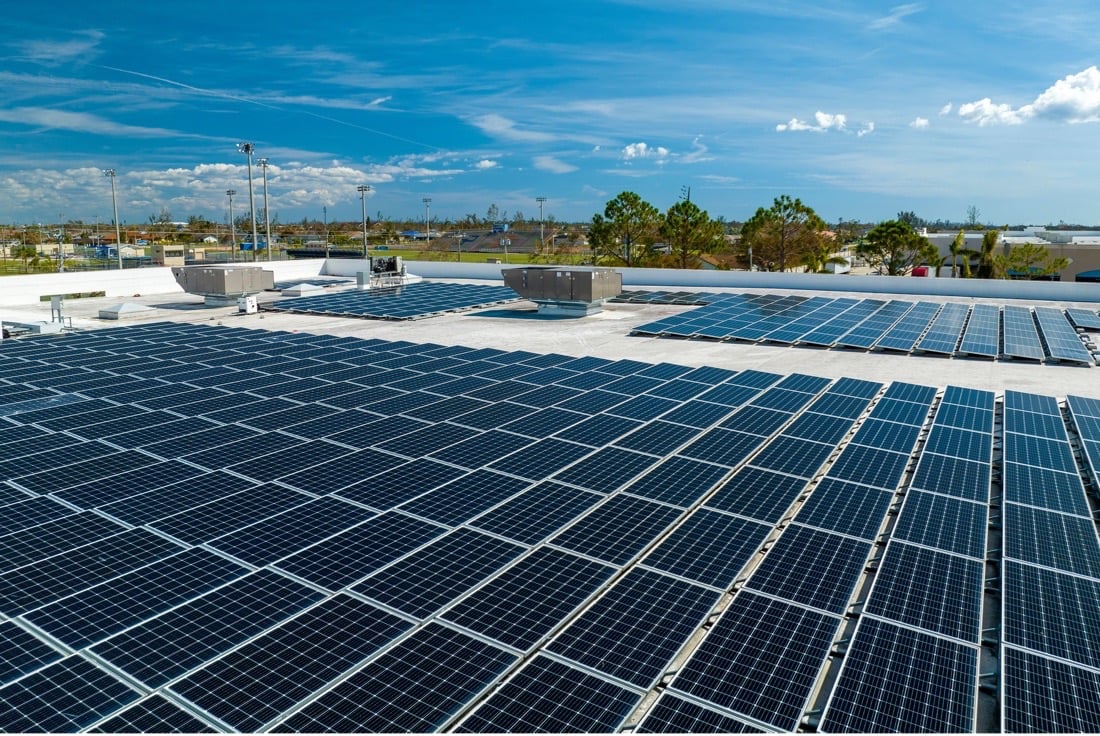
New Zealand is among the first countries to push for a greener and more sustainable power sector. Solar power adoption is one of the key initiatives in this campaign.
With renewable sources, the government aims to raise renewable energy dependency to 95% by 2035 and completely eliminate greenhouse gas emissions by 2050.
Whether an entrepreneur or a homeowner, installing a solar energy system is a worthwhile investment. It provides long-term benefits that far outweigh its costs.
Need more convincing? Check out the main advantages of installing and using solar power in Aotearoa.
- Solar power installation can lead to substantial savings
Installing a solar power system with World Solar may requires upfront costs, or you can secure loans via your bank. However, users stand to benefit from long-term savings in their utility bills, among other advantages. With proper installation and use, solar power system may provide substantial savings of up to 70 percent or more in your monthly bill. Additionally, solar power users can sell their excess electricity back to their power companies, reducing their bills.
Supplier and installer offers
World Solar’s smart monitoring system allows customers to track energy production and consumption in real time. This lets users track their usage and adjust their consumption patterns to optimize savings. Our company likewise offers a no-deposit, two-year deferred payment plan for installations in qualified Kiwi homes.
- Users become less dependent on non-renewable power sources
According to the country’s Electricity Authority, New Zealand generates 270 megawatts (MW) of solar power, mostly from rooftop solar installations on residential properties. The current solar installations run on distributed generation, where the power produced is fed into a local distribution network.
This means the electricity generated by the network is available for use by Kiwi homes and establishments connected to a specific power distribution system. If the power cluster harvests enough of the sun’s energy for long-term use, it becomes less dependent on the grid, allowing it to save more. The same holds if the network amasses leftover generation.
- Solar power is sustainable
Like most countries, New Zealand has witnessed the damaging impacts of climate change. Severe storms and flash floods have battered the country. In worst cases, power cuts are inevitable, especially during the dry season.
NZ’s Battery Project was launched to boost power generation from renewable energy sources amid the dry season. As the name implies, the initiative involves studying potential eco-friendly sources and exploring ways to store their power, tapping them once needed.
Going solar means homeowners don’t need to worry about outages and disruptions. Solar energy is inexhaustible, and it’s possible to store excess electricity by including battery storage in your system. Solar installations last decades with long-term warranties of up to 25 years.
- It increases your home’s property value
Research has shown that consumers prioritize sustainability when purchasing products. In the real estate sector, buyers are willing to pay premium prices for properties with solar panel installations.
Besides lowering your expenses, solar panels amplify the aesthetic appeal of your property. Thus, if you’re planning to sell your solar-powered home in the future, you’re likely to enjoy a higher resale value.
Similarly, if your power requirements change due to property renovations or an expanding family, ask your installer to add more panels or reconfigure your system setup.
- It’s an investment in a greener future
The widespread adoption of solar energy will eventually benefit communities by reducing their carbon footprint.
While you only need solar panels to convert energy from the sun, traditional electricity generation requires fossils to be burned, which releases greenhouse gases to the environment. Solar energy use and conversion don’t result in carbon emissions and are, therefore, environmentally safe.
NZ launched the Community Renewable Energy Fund to encourage solar energy usage and protect future generations.

Are there government subsidies for solar power installation and use in New Zealand?
In other countries, solar energy consumers get financial incentives like rebates and subsidies from the government. New Zealand has yet to implement such a program.
From 2007 to 2012, though, the government launched a $500 subsidy for solar hot water system suppliers who comply with specific performance, price, and installation standards.
With the new administration, it remains to be seen whether additional policies will be put into place in support of the country’s zero reliance on fossil fuels soon.
Can I ask for a loan for my solar power installations and purchases?
If you need more cash for installation and upgrade, consider applying for low-interest loans for your solar power purchases and systems installations. These include the following:
- BNZ Green Home Loan Top Ups
- ASB Better Homes Top Up
- ANZ Good Energy Home Loan
- Kiwibank Sustainable Energy Loan
- Westpac Warm Up Loan
Concluding thoughts
Worldwide, various policies and incentives are in place to encourage consumers to tap solar energy and other sustainable sources. With or without these rebates, though, it’s easy to understand why the sun is the most popular renewable energy source.
The most obvious advantage of a solar energy system is the reduction in energy bills. But the benefits don’t end there. By increasing resiliency, lowering greenhouse gas emissions, and enhancing a property’s resale and aesthetic values, solar power generation systems are undoubtedly a great addition to every home.







